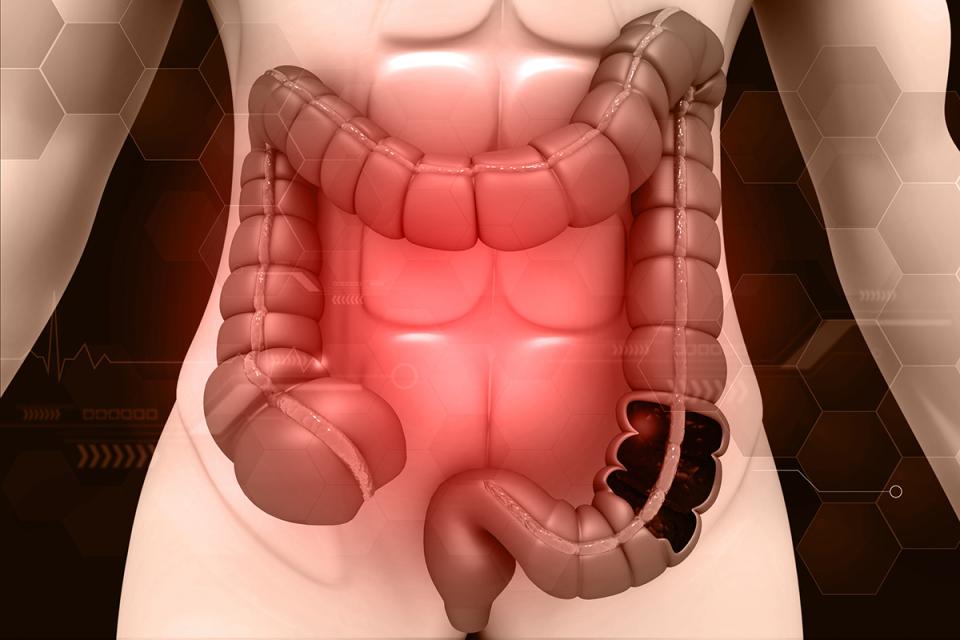The peace of mind that comes from taking control of your health is priceless. When it comes to colon cancer, early detection can be a lifesaver — and the best part? You have options. Whether you prefer a quick at-home test or the gold standard colonoscopy, HonorHealth offers screening methods that fit every lifestyle.
Deepa Shah, MD, an HonorHealth gastroenterologist, breaks down the pros and cons of each test — so you can make the best choice.
A: This test isn't great at picking up smaller polyps, and sometimes it can give false-positive results. If it comes back abnormal, we may recommend a colonoscopy to take a closer look.
Q: How often should you take this test?
A: Once a year, starting at age 45.
Q: Is it covered by insurance?
A: Usually, but check with your provider just to be sure.
Multitarget stool DNA test
Q: What is this test?
A: It’s like the fecal immunochemical test, but with a little extra power. This at-home test checks for both blood and abnormal DNA that could indicate colorectal cancer.
Q: Why consider this option?
A: There’s no bowel prep or sedation involved — it's as simple as collecting a sample at home. It’s more sensitive than the FIT test, with 92% effectiveness at catching colorectal cancer.
Q: Are there any downsides?
A: It can sometimes give false-positive results and isn't the best at spotting smaller polyps. If your results come back abnormal, you'll need a colonoscopy.
Q: How often should you take this test?
A: Get it every five years, starting at age 45, to stay ahead and keep your health in check.
Q: Is it covered by insurance?
A: It might not be, but it’s always a good idea to check with your insurance plan to find out.
CT colonography/virtual colonoscopy
Q: What is this test?
A: Think of it as a colon screening without the camera. A CT scan gives detailed images of your colon — no scope and no sedation needed.
Q: Why consider this option?
A: It’s super quick and it takes about 15-20 minutes. There’s no sedation needed, and it can detect polyps as small as 1 centimeter with 90-95% accuracy.
Q: Are there any downsides?
A: You’ll need to do some bowel prep for this one, and it uses a small amount of radiation. If anything suspicious shows up, though, you’ll still need to follow up with a traditional colonoscopy for a closer look.
Q: How often should you take this test?
A: Every five years, starting at age 45.
Q: Is it covered by insurance?
A: Coverage varies since this is a newer test. Check with your provider.
Colonoscopy (the gold standard)
Q: What makes a colonoscopy the best option?
A: It’s the most thorough way to screen for colorectal cancer. A doctor uses a tiny camera to examine your entire colon — and can remove polyps on the spot before they become cancerous.
Q: Why consider this option?
A: It gives a full view of your colon, so there’s no guesswork involved. If we find any polyps, we can remove them right there during the test — no need for a second procedure. It can also help detect other diseases and cancers.
Q: Are there any downsides?
A: You’ll need to do some bowel prep for this one, and it uses a small amount of radiation. If anything suspicious shows up, though, you’ll still need to follow up with a traditional colonoscopy for a closer look.
Q: How often should you take this test?
A: Every five years, starting at age 45.
Q: Is it covered by insurance?
A: Most insurance plans and Medicare cover it, but it’s more expensive than other tests.
Your health, your choice
"I still believe that the colonoscopy is the best because it's diagnostic and therapeutic," says Dr. Shah. "However, the best test is the one that gets done." Taking that step, no matter which screening you choose, is key to protecting your health and catching potential issues early.
At HonorHealth, we’re committed to providing the support and guidance you need throughout the process. Our goal is to empower you to take charge of your health with confidence, knowing you’re making the right decision for you. Your well-being is our priority, and we’ll be with you every step of the way.
Related content
Stay ahead of cancer
Colonoscopy is your best defense against colon cancer. Starting at age 45, this quick procedure could help keep you healthy for years — it's easier than you think and could save your life.
Little effort, big rewards
A little prep goes a long way in protecting your health. While the colonoscopy pre-process may seem like a hassle, it’s totally worth it to help catch problems early and keep you feeling great for years to come.
Spot. Screen. Prevent.
Not all polyps are precancerous, but many can be. Catching them early allows your doctor to remove them before they pose a risk, making it an important step for preventing colon cancer.

